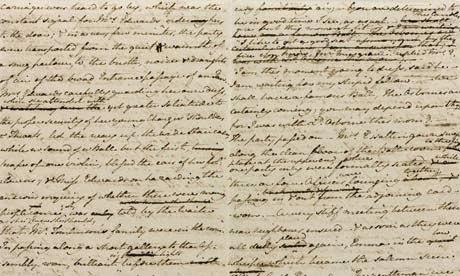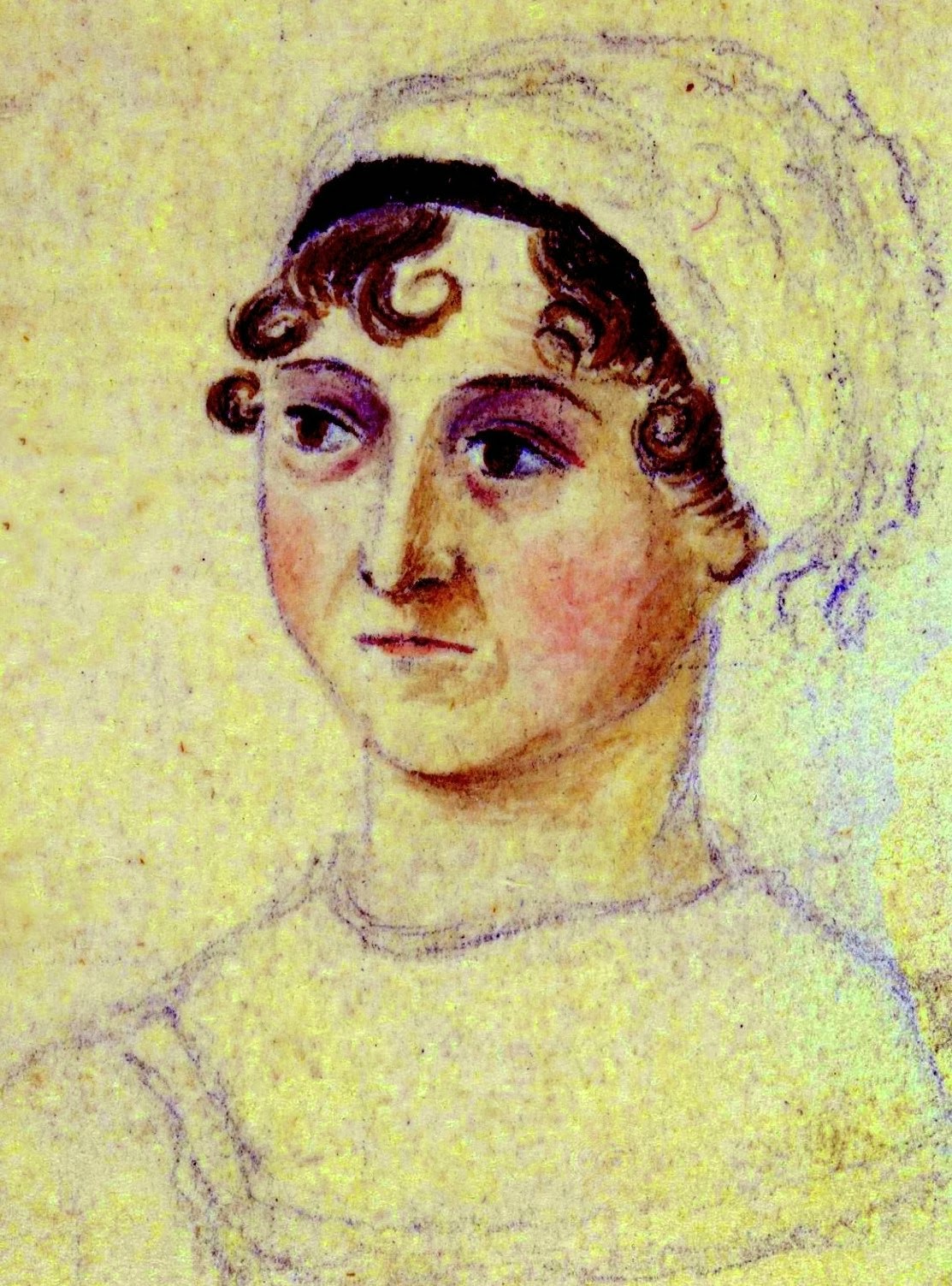The Watsons are a family headed by an invalid father, who has six children, 4 daughters and 2 sons. All of the daughters are unmarried. Elizabeth is the oldest Watson daughter. She is in her late twenties and a kindhearted lady, though she is somewhat lacking in tact:
“I should not be surprised if you were to be thought one of the prettiest girls in the room; there is a great deal in novelty.”The two middle sisters, Penelope (Pen) and Margaret are absent for the first few chapters, but what we see and hear of them isn’t promising. Elizabeth states that one of her sisters frightened off a potential suitor for her for fairly spiteful reasons, and when we meet Margaret she is an obviously false, conniving person. Of the two brothers, Robert is married to a rather snobbish lady, and Sam is training to be a surgeon, and is in love with the daughter of the Watsons’ closest neighbour, the Edwards family.
The youngest daughter of the Watsons, Emma, has been living with their aunt, due to Mrs Watson’s death. Emma lived away from her siblings for the past 14 years, since she was 5 years old. The aunt was widowed and remarried somebody who wasn’t willing to give Emma a home (booo). Emma has therefore had a different upbringing to her brothers and sisters. She has been moving in a more refined society, and been living in a richer home. She is more genteel and refined than her sisters and feels the distinction between what she has been used to and how she is now living.
 |
| Manuscript of 'The Watsons' which sold in 2011 for £850k |
Although this piece is only a few chapters, it’s a very promising beginning, and I wished there was more of it! It seems as though marriage was to be a key theme of the novel. Emma and Elizabeth had already discussed their views on marriage, with the younger Emma saying that she’d rather be a teacher than marry a man she didn’t like, and her older sister replying that
“I should not like marrying a disagreeable man any more than yourself; but I do not think there are many very disagreeable men; I think I could like any good-humoured man with a comfortable income.”Elizabeth’s view is certainly the more practical, especially considering how many unmarried sisters there were. Emma had received the best education and may have expected to be able to get a job as a teacher, which she mentions, but her sisters probably couldn’t. As Emma says, “the luck of one member of a family is luck to all” – on a practical level the Watson ladies needed to marry, if they could.
There are a number of works based on The Watsons. I found a list here. After reading the beginning of The Watsons, my appetite is whetted, and I’m looking forward to reading ‘Emma & Elizabeth’by Ann Mychal, hopefully next month.



Great review, Ceri! Looking at just the fragment alone, Jane Austen set up the story with so many intriguing characters and situations! Would love to have seen what she would have done with them and to know specifically why she never returned to them. :) Can't wait to hear what you think of Emma and Elizabeth.
ReplyDeleteThank you Meredith! I was really getting into the story, and then it just ended! Looking forward to reading Emma and Elizabeth. I'd like to try the continuation by John Coates too, but that one might be tricky to get hold of.
DeleteI read this only once and so very long ago, time for a re-read, such a shame there are uncompleted works but I guess we must be happy with our Austen lot in life :)
ReplyDeleteYes, most definitely! I would have loved for this book to be finished but if Austen wasn't feeling it I'm glad she put the project aside and gave us other things instead.
Delete